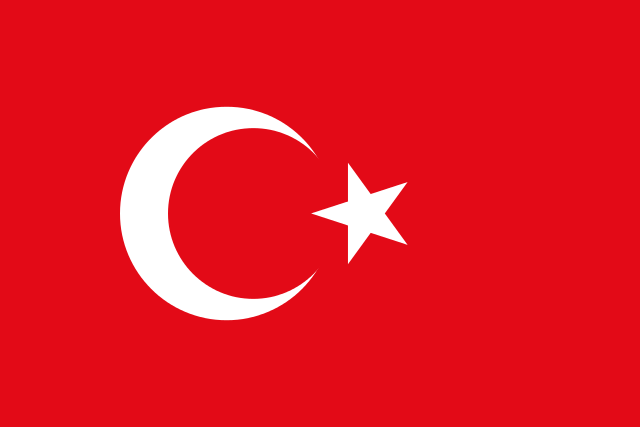The big political story this week from Turkey is that controversial PM Recep Tayyip Erdogan has somehow managed to get himself elected president, after years of finagling, despite being at the center of a major corruption scandal and despite a fairly nasty crackdown on protesters across the country in 2013. The massive engine of Erdogan’s center-right AK Party keeps chugging along and apparently that’s sufficient to keep him, an increasingly unpleasant man with a worsening record, on an easy cruise into an enhanced and strengthened presidency, even after more than eleven years as prime minister.
There are some other interesting stories getting less attention from this year’s politicking in Turkey. One in particular that I read about from Al-Monitor was about the increasingly visible presence of LGBTQIetc supporters in the ruling party — an important development since the party clearly seems to be quite entrenched across most of the country at this point.
The members of the AKP LGBT group have a great affection for Erdogan. They argue that pious people, Kurds and non-Muslims have all acquired greater freedoms under Erdogan, and believe he is the only leader who can make LGBT individuals freer, too. They are fully confident that Erdogan will undertake LGBT reforms when the time comes. Yet, they are strongly critical of the AKP’s current LGBT policies. Their objective is to transform the AKP.
Even though Erdogan’s cabinet has sometimes said cruel things about gay people and the party still remains generally unsupportive, Al-Monitor reported that “a gay pride march would have been unthinkable before Erdogan, whereas today homosexuals hold marches to freely express their identities.” Which is to say, even after more than a decade of governance by a socially conservative party with extensive rural support, Turkey is more liberal than before.
And they’re making their presence inside the party known, whether the leadership is ready for it or not:
Turkish Prime Minister Recep Tayyip Erdogan’s Aug. 3 rally in Istanbul marked a first for the country: LGBT supporters of the ruling Justice and Development Party (AKP) waved the rainbow flag at the rally in a show of support for Erdogan’s presidential bid.
The group, using the Twitter handle Aklgbti, shared pictures from the rally with the following message: “The homosexuals stand with Tayyip Erdogan. We are at the rallies, we are everywhere — get used to it.” A member of the group tweeted, “I waved the rainbow flag in the front rows. Our prime minister must have seen it.”
It was a truly intriguing scene, which Western analysts of Turkey may find difficult to comprehend.
The rainbow flag was first seen fluttering next to AKP members at the inauguration ceremony of the Ankara-Istanbul high-speed train on July 25, which Erdogan attended.
One activist said, of the election rally, “We waved our flag right before Erdogan’s eyes. He saw the flag, but said nothing and only smiled. We take it as a positive sign that he said nothing. Thus, we will now keep up the struggle.”
That might not seem like much, but he’s not exactly known for verbal restraint on the campaign trail.
One could suggest that LGBT supporters of the Islamist-oriented AK Party in Turkey are showing a lot more guts and grit than their generally staid and quiet counterparts inside the Christian-oriented Republican Party in the United States. They’re also laying important groundwork, it seems from the article, for making the loud and proud case that they can be dedicated Muslims and be gay at the same time, which will probably benefit many other gay Muslims the world over in years to come.
President-elect Erdogan and his senior officials might have many troubling authoritarian, anti-European, and racist tendencies, but it seems clear that the AK Party as a whole is still a relatively moderate political entity with broadly socially conservative leanings and a diversity of opinions on how flexible those should be. And for the moment, even when the popular AK Party’s leaders go overboard with absurd viewpoints, Turkey still has enough democratic freedom for the people to call it out.



